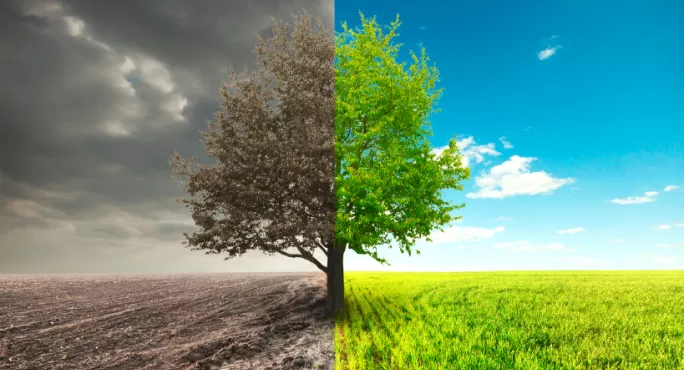Alongside tracking Greta Thunberg’s zero-carbon voyage across the Atlantic, geography teachers and their students will be focusing on more localised concerns with this Thursday’s announcement of the GCSE results.
Almost as relentlessly as the ongoing movement of tectonic plates, this year will see continued uplift in the number of young people studying geography, taking the numbers to over 265,000 entries and an almost 20-year high. For the first decade of the 2000s, geography experienced year-on-year erosion, yet today almost 50 per cent per cent more students will be receiving their results when compared to a deep oceanic trough of the 2010’s results. This growth is also being reflected at A level, with 1,500 more students taking geography A level this year, after 2018’s understandable “new specification” dip.
Yet what underlies this step change? Clearly the EBacc has been important, but not all EBacc subjects have experienced the repeated year-on-year growth of geography. And we should not overlook the daily input of teachers - supported by their respective subject bodies - which is fundamental to whether pupils choose “their” subject or not.
Climate change and GCSE geography
However, in relation to geography we should stand back and take a more holistic view of the wider political and environmental landscape that our young people are growing up in. With inescapable change occurring to our geopolitical and environmental climates, which the exam boards cited in relation to A-level geography’s increase, is it any wonder that young people are choosing geography? If you are interested in understanding how the world works, and perhaps seeking to make a positive change to it, geography’s study of the world’s people, places and environments provides you with the knowledge and skills to achieve this.
This was fully demonstrated to me when I recently asked the Royal Geographical Society’s packed lecture hall whether any of the young geographers had been involved in the climate strikes. Immediately, over two-thirds raised their hands.
To bring things back down to earth, though, young people are also entering an environment of high tuition fees and a competitive jobs market. So, they will rightly want to know where geography might take them beyond the school gate. In this respect the RGS is delighted to see the geographical community, and pupils and their parents, increasingly referencing the national statistics that show undergraduate geographers are more likely - than almost any other subject - to enjoy and complete their degree, and that geographers experience above average rates of graduate employment and earnings (by 10 per cent more than the average for female geographers). In short, geography is a subject that is not only relevant to the real world, but also one you are more likely to enjoy, secure a job through and then earn a reasonable wage.
As Sir Michael Palin, recently knighted for his services to travel, culture and geography, says about this year’s GCSE results: “They not only highlight the hard work of teachers and students, but also must surely reflect the fact that a knowledge of geography is an essential tool in understanding the enormously consequential and dizzyingly rapid changes our planet is going through. Geography is the one subject that looks at the whole story.”
Steve Brace is head of education at the Royal Geographical Society




